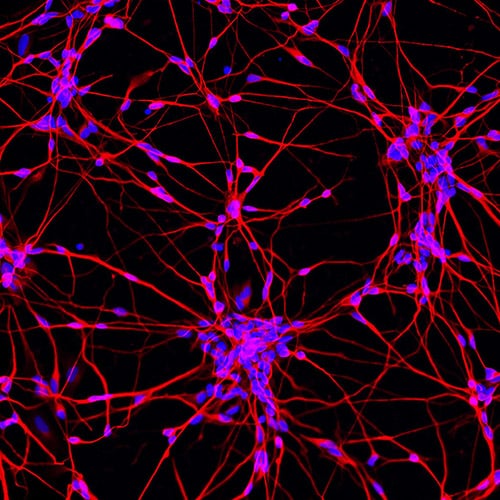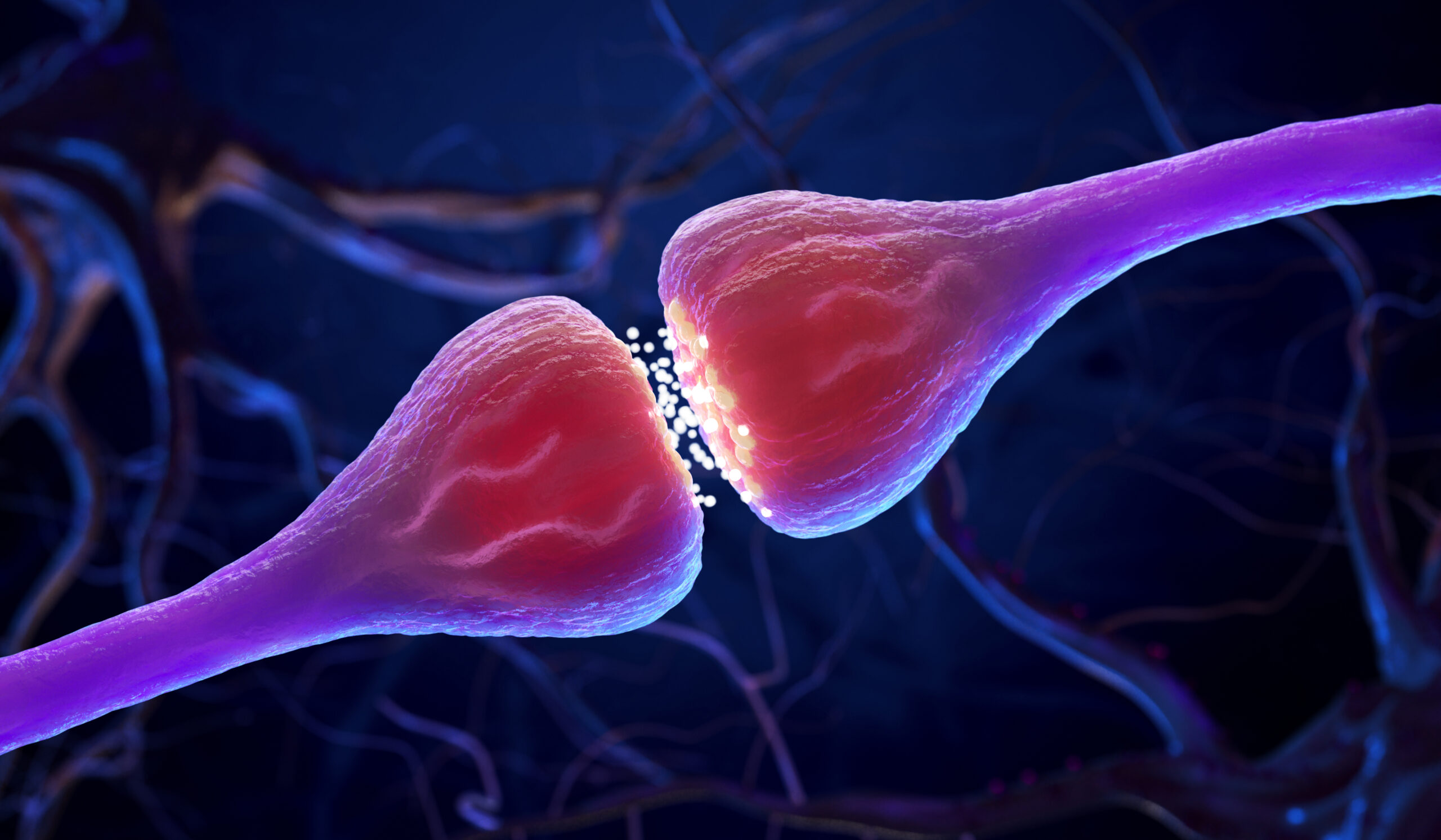Validating therapeutic targets for motor neuron disease with King’s College London
We have teamed up with King’s College London (King’s) to launch the MND STaR (Solution for Motor Neuron Disease Target Validation and Research) programme. We are working together to validate therapeutic targets for motor neuron disease (MND).

Overview
The MND STaR programme is a 2-year programme, including up to £1.5 million funding to the King’s team, followed by further work in the LifeArc labs. The programme aims to de-risk and validate a portfolio of human genetic-driven MND therapeutic targets.
Through this collaboration, we hope to pave the way for new, disease-modifying MND treatments.
About the programme
The programme focuses on early-stage preclinical validation, addressing a critical area in MND research identified as a ‘translational gap’ in the field. Using cutting-edge bioinformatics and a broad spectrum of experimental models, scientists from both organisations are working together to develop a robust pipeline of validated targets ready for drug discovery efforts.
We expect to deliver 8 target validation data packages as outputs, which will enhance the knowledge of the field and feed into our downstream drug discovery pipeline.
Outcomes will be disseminated within the broader MND community, enhancing the wider understanding of the disease.
By systematically de-risking a portfolio of potential therapeutic targets, the programme aims to accelerate the development of effective treatments, make a long-term impact on the MND field, and potentially offer faster routes to patient care through repurposing existing therapies.
Why is this programme important?
Early-stage validation has been identified as a crucial yet underdeveloped area in MND research, requiring focused efforts to progress targets into viable therapeutic options.
Evidence suggests that drug targets associated with human genetics are more likely to lead to successful therapies. This collaboration brings together our translational research expertise with King’s expertise in MND, as well as the largest MND genomic dataset worldwide. This means we can focus our efforts on genetically linked targets, increasing the likelihood of advancing to approved MND treatments.
About MND: A pressing global health challenge
MND is a devastating disease that affects motor neurons – the cells that control voluntary muscle activity, including speaking, walking, breathing and swallowing.
Despite extensive research efforts, we still know far too little about how to predict the onset or progression of MND, and treatment options are limited.
There is an urgent need for new, effective treatments.



